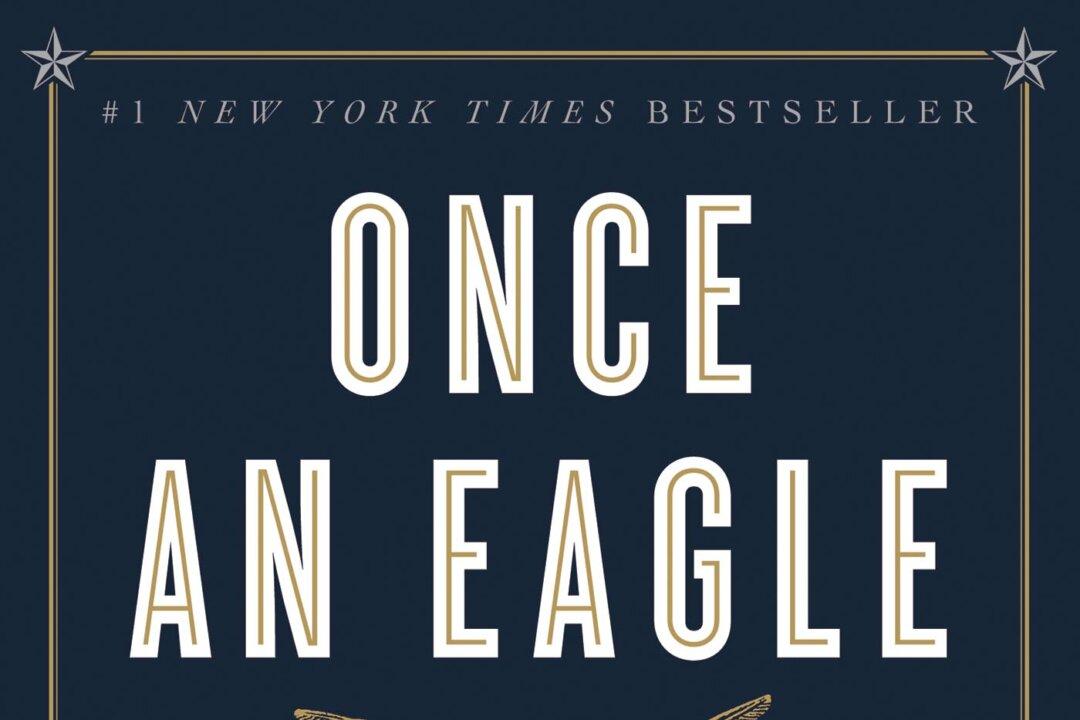In an online article about military readiness, retired Marine Corps Lt. Gen. Gregory S. Newbold blasts our senior politicians and military leaders who “seem to have developed a form of dementia when it comes to warfare.”
Newbold takes these leaders to task for stressing green energy policies, critical race theory, and wokeness instead of focusing on the primary objective of the armed forces, which is to defend America at home and carry out missions overseas. He gives readers nine key points regarding the purpose of the military and its traditional differences from the civilian world. He makes the observation that “Wars must be waged only with stone-cold pragmatism, not idealism, and fought only when critical national interests are at stake.”






